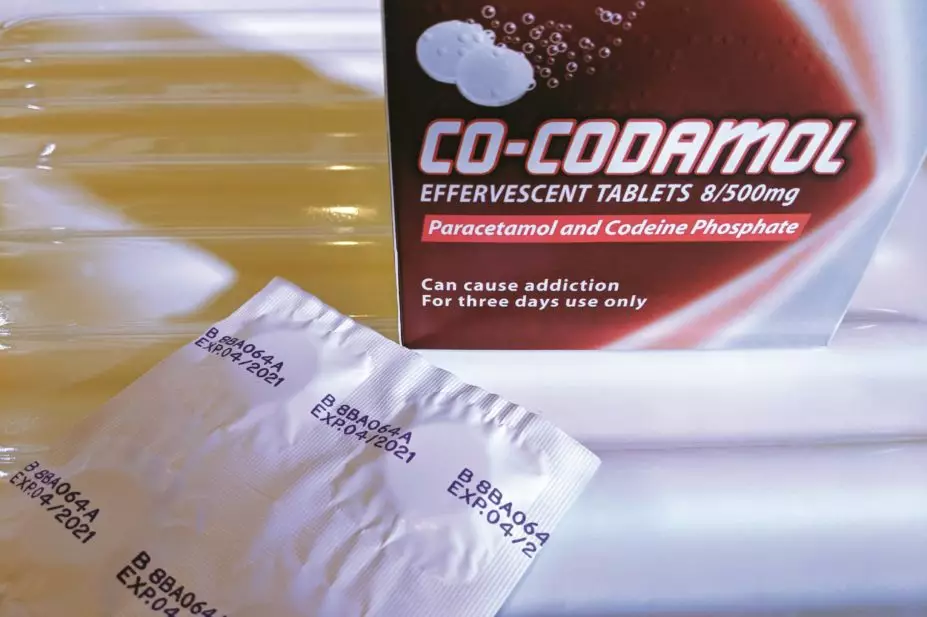
Shutterstock.com
Low-dose codeine should no longer be available to buy over the counter (OTC), the chair of the UK’s Commission on Human Medicines (CHM) opioid expert working group has said.
Jamie Coleman, who is also a professor of clinical pharmacology and medical education at the University of Birmingham, told The Pharmaceutical Journal that his view was based on evidence surrounding the safety and limited effectiveness of low-dose codeine.
“For the majority of the adult population, the strength of codeine you get OTC is associated with more of the adverse effects, such as constipation, nausea, with little beneficial effects.
“If you’ve got moderate pain and simple analgesia and/or non-steroidal anti-inflammatory drugs have failed, you need to be adequately assessed and, if you need it, be given a dose of codeine that is actually more likely to work,” he said.
“We just have to look at the drug regulations at pharmacy-only medicine versus prescription-only medicine criteria to feel that, on balance, [OTC codeine products] are reaching prescription-only medicine criteria.”
Coleman also explained that the metabolism of codeine can vary from person to person, even at low doses.
“People with … extensive CYP2D6 metabolism, for example, may actually end up [being at risk of] significant toxicity, even with low doses,” he said. “We’ve seen restrictions over the past few years on its use in paediatrics and adolescents.”
He added that there was also “massive amounts of evidence” of people buying excessive amounts of codeine from online pharmacies.
Coleman acknowledged that removing OTC codeine from sale was “one opinion” and that the Medicines and Healthcare products Regulatory Agency (MHRA) would need to carry out a public consultation prior to any reclassification.
However, he said rescheduling OTC codeine would “hopefully … [lead to] general reductions in the misuse of codeine-containing compounds”.
A spokesperson for the MHRA said that it was “looking at the potential impact of a range of regulatory options relating to the sale of codeine and dihydrocodeine without prescription from pharmacies, by or under the supervision of a pharmacist” and that this work was “ongoing”.
Janice Perkins, chair of the Community Pharmacy Patient Safety Group, said that the availability of low-dose OTC codeine was discussed at a recent meeting and it was agreed that OTC codeine-containing products did have a part to play in the management of acute short-term pain in some patients.
“We would like [codeine’s] pack size to be reduced to a maximum of 24 [tablets] and the introduction of regulations to limit the sale to one pack,” she said.
“This, coupled with raising awareness of the wider risks with opioid containing medication, would be a helpful starting point and means that those using this type of medication appropriately do not need to access treatment away from the pharmacy.”
In 2019, the UK CHM opioid expert working group advised that all opioid medicines should feature a prominent warning label on the front of the pack stating: “Can cause addiction” and “Contains opioid”.

